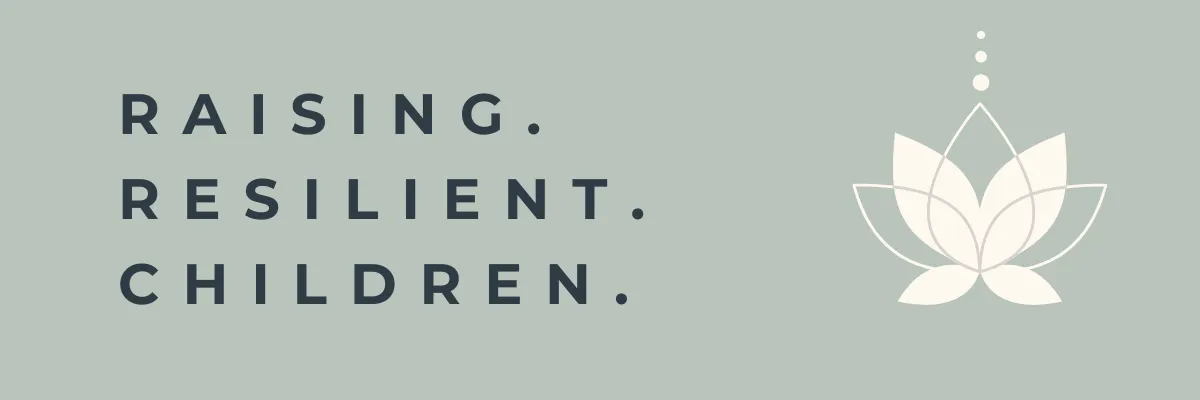
May 20 2024
Dr. Catherine Phillips
Mindful and Healthy
Key Points About Our Chat
Mindfulness is not a magic wand. It’s purposeful, present, non-judgmental awareness; embracing the present moment as it is. Innate yet cultivable through practice, shaping brain pathways and behaviors, it becomes a trait with practice. It’s not just about stress reduction.
Benefits of meditation and mindfulness practices for children: enhances executive brain functions including aiming attention, sustaining attention, memory, emotional regulation, and behavioral skills. Empowers choice over responses, fostering empathy, moral development and non-judgement. Instills kindness, compassion, and gratitude, promoting positive attitudes.
The present moment is the only moment we have to directly experience life, if we’re not present, we’re on auto pilot and missing the experience. If we’re not present, we’re repeating conditioned patterns. When we have charged emotional experiences, our frontal cortex tends to go offline; if we’re present we can be aware, and not get caught up with reactivity, and choose to respond in a more skillful manner.
Children can learn mindfulness from courses, school classes, embodiment from parents, and sensory experiences. Anything that brings attention to the present is an informal mindfulness exercise: focusing on breath, awareness of body, identifying emotions, focusing on the soles of the feet as you walk, mindful eating, sense of hearing/touch/smell, etc.
There’s no failing with this practice, as long as you’re with yourself as you are on that day.
Parents develop their practice through finding qualified teachers, attending programs, and forming a community of practice.
Mindfulness and meditation reduces anxiety and stress by allowing us to be present on what filters we are seeing the world through.

Meet Dr. Catherine Phillips
Catherine L. Phillips, MD, FRCP(C), is an esteemed psychiatrist, psychotherapist, and mindfulness meditation teacher with over 20 years of experience. As a pioneer in integrating mindfulness into medicine in Western Canada, she is a Certified Teacher of Mindfulness Based Stress Reduction (MBSR) through The University of Massachusetts Medical School Center for Mindfulness. And she teaches Mindful Self Compassion (MSC) programs. Catherine has organized and taught mindfulness courses to diverse populations, including healthcare professionals, educators, parents, and workplaces. In 2009, recognizing the significant benefits of teaching children Mindfulness, Catherine brought together a group of professionals from across North America to write a white paper on Integrating mindfulness into K-12 classrooms – Published in Mindfulness in 2012. And she contributed a chapter to Dr. Patricia Dobkin's book, Mindful Medical Practice: Clinical Narratives and Therapeutic Insights (2015). She played a key role in establishing international integrity guidelines for mindfulness-based programs, published in Global Advances in Health and Medicine, 2020. Catherine is an Assistant Clinical Professor at the University of Alberta and founder of the Mindfulness Institute. Beyond her clinical work and teaching, she enjoys mentoring mindfulness teachers and spending time with her family and pets.
Get your All Access Pass now for access to 20+ Video trainings from top industry experts, PLUS:
Sign up now for your All Access Pass, so you can have...
Unlimited replays of all the recordings at your fingertips in both audio and video format for 1-year.
An Action Skillbook so you can start to implement right away
Help make the most from your experience at the Raising Resilient Children Masterclass Series.